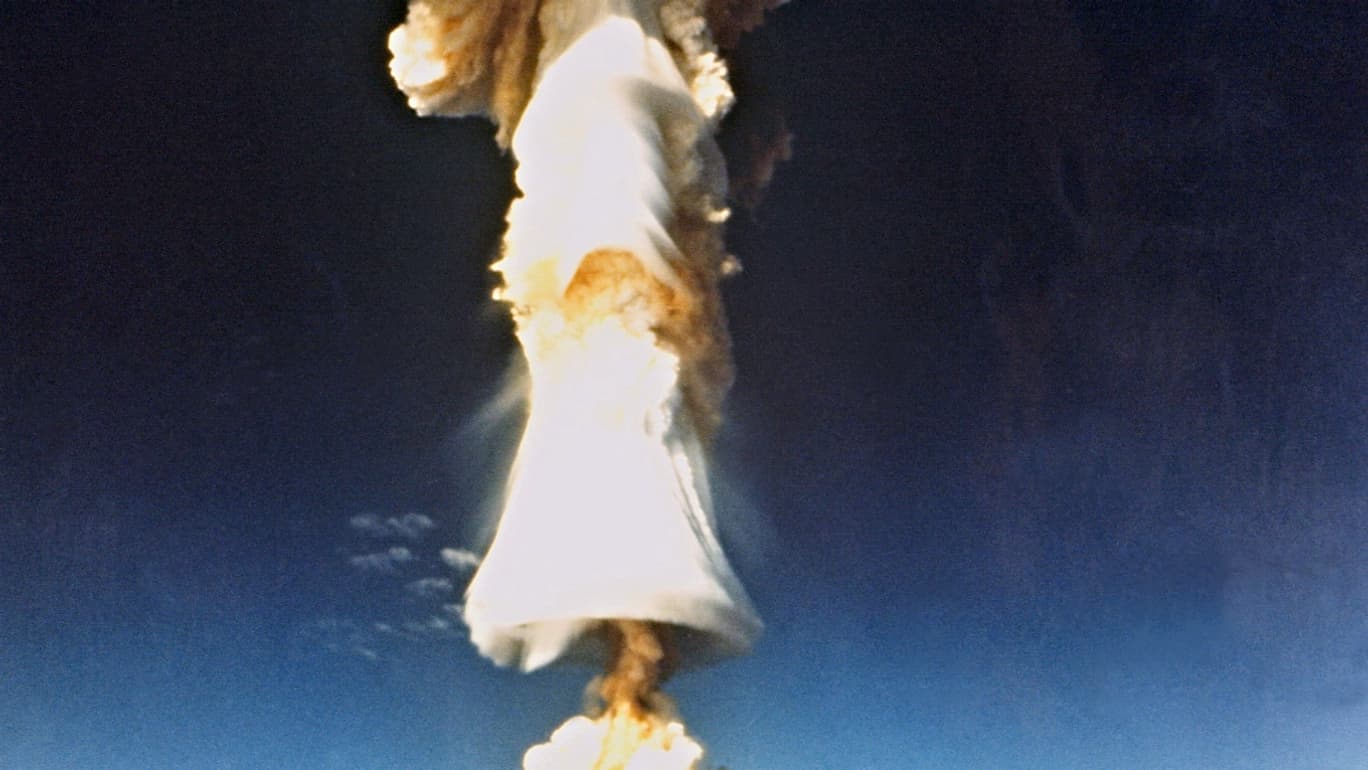France must ask Polynesia for "forgiveness" for its nuclear tests, says a commission of inquiry

France must apologize to French Polynesia for the nuclear tests conducted on its atolls, according to the authors of a parliamentary inquiry report released Tuesday, a fundamental step toward "reconciliation" with the territory, which has suffered serious health and environmental consequences.
"The investigation has reinforced the Commission of Inquiry's conviction that a request for forgiveness from France to French Polynesia was necessary. This request is not simply symbolic, nor is it a request for repentance," wrote the authors of the report of the Commission of Inquiry into the consequences of the nuclear tests conducted in this overseas collectivity by France between 1966 and 1996.
"It must be a sincere approach, a fundamental step in the process of reconciliation between French Polynesia and the State," wrote the committee's chairman, Finistère MP Didier Le Gac (EPR), and the rapporteur, Polynesian MP Mereana Reid-Arbelot (GDR). They see it as a "sober act" that should allow us to " deal with this part of our history in a peaceful manner ."
This pardon should be included in the 2004 organic law establishing the autonomy status of Polynesia, they proposed, believing that it is "up to Parliament to make this gesture in the name of the Nation." They recommend, in particular, setting up a commission of historians and researchers to "conduct in-depth work focused on the study of all archives concerning the French nuclear testing policy in French Polynesia," which will aim to constitute "the historical basis of a common memory."
Over three decades, France conducted 193 nuclear tests in Polynesia under the auspices of the Pacific Experimentation Center (CEP), which enabled it to acquire atomic weapons.

These tests had serious health and environmental consequences, the authors emphasize, who also propose a series of recommendations on the care and compensation of victims as well as on the recognition of environmental damage and its repair.
"The authorities considered that the need to preserve the appearance of risk-free and perfectly controlled launches should prevail over the health protection of the population in the event of radioactive fallout exceeding forecasts," the document emphasizes, while six decades after the start of the nuclear campaign, several hundred Polynesians are still waiting for official recognition of the illnesses they link to the tests.
The CPS, the local social security body, estimates the cost of radiation-induced illnesses at more than €1 billion and intends to pass the bill on to the state. Understanding the health consequences "is made particularly difficult by the culture of secrecy that has minimized radiological risks and their impact before, during, and after the CEP's activities," according to the report.
Its authors recommend carrying out an epidemiological study to identify a possible "over-incidence of certain types of pathologies", in particular because "radiation protection devices" have "not been implemented or only in a patchy, late and partial manner".
On the environmental side, the commission deplores the "lasting consequences" of these tests, 46 of which were atmospheric. "While some of the pollution resulting from the CEP's activities has been repaired and some of the affected species have found a new balance, biodiversity has been disrupted, and pollution remains and will continue for the very long term," according to the authors.
Rapporteur Mereana Reid-Arbelot hopes to see the emergence of a bill allowing for better compensation for victims. These reparations, according to the authors, will require "recasting" the 2010 law that created the Committee for the Compensation of Victims of Nuclear Tests (Civen).
RMC




